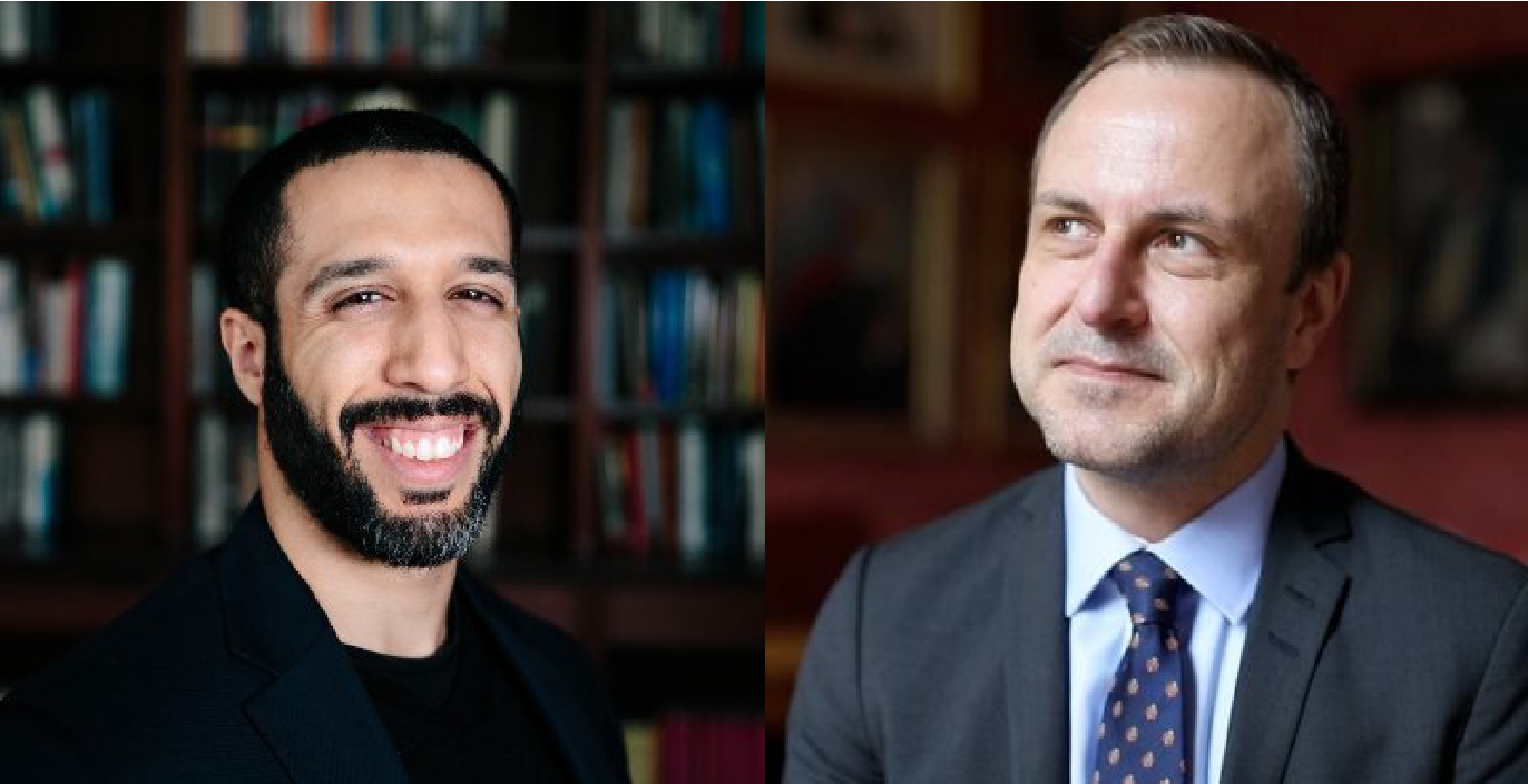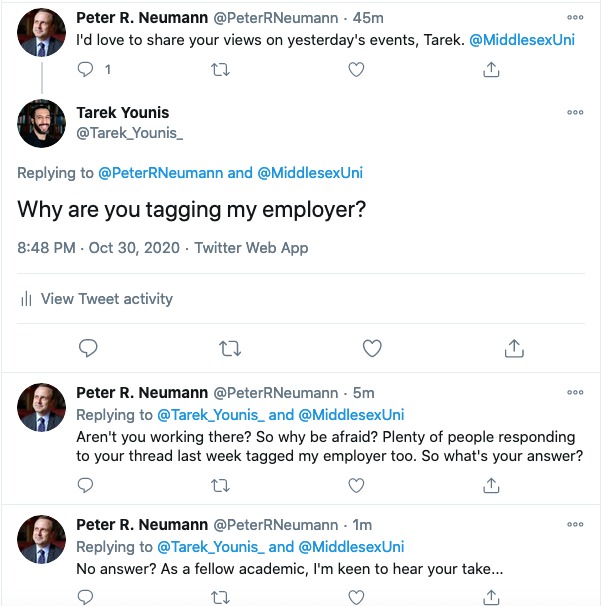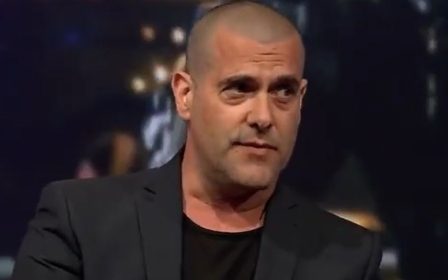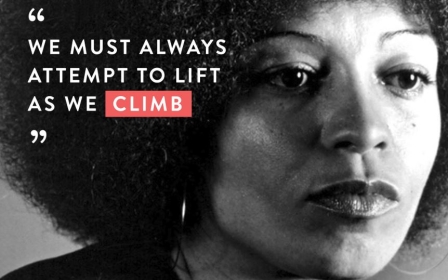London university to investigate professor over 'bullying' of Muslim academic

King's College London has said it will launch an investigation into allegations that a renowned counter-terrorism professor bullied a Muslim academic on social media after he asked him to condemn a terrorist attack in France.
It follows the publication of an open letter signed by academics, researchers and activists accusing Professor Peter Neumann of seeking to "intimidate and harass" Dr Tarek Younis, a junior lecturer in psychology at Middlesex University, in a series of Twitter exchanges.
Neumann who served as the director of King's College London's International Centre for the Study of Radicalisation until February 2018 did not respond to MEE's requests for comment.
"We are aware of a complaint regarding the conduct of a member of our staff. We do not condone inappropriate or abusive behaviour," a King's College London spokesperson told Middle East Eye.
"This is being taken seriously and we will be carrying out an investigation."
The investigation comes after Younis posed questions to Neumann on Twitter on 24 October after Neumann appeared to suggest that terrorism was leading to the "gradual implosion of French society".
In response, Younis suggested that the actions of the French state had also contributed to social divisions in the country.
Neumann replied by stating that "nothing justifies killing innocent people. I hope we can at least agree on that. Or do we not?"
That response was called out by Younis in a separate thread on his Twitter feed in which he wrote: "I absolutely refuse to condemn terrorism out of the blue, esp not as some sacred doorway into intellectual discussions. If people can't understand the Islamophobia in this interaction with Neumann, that is a worrying reality indeed."
But after three people were killed in a stabbing attack at a church in Nice on 29 October, Neumann contacted Younis again via Twitter and tagged Middlesex University in the tweet.
"I'd love to share your views on yesterday's events, Tarek," Neumann wrote.
This tweet and subsequent tweets in the conversation were later deleted by Neumann, who apologised for his "tone" but did not comment on his decision to tag Middlesex University.
Younis hit back and said: "This is clear bullying, given fear was his unprompted expectation. But given he’s a counterterrorism professor questioning me (a Muslim) on a terrorist attack while tagging my employer, this is not ‘simply’ abuse. In fact, it’s a pretty open and callous threat to my employment."
Neumann's tweet led to Younis complaining directly to King's, while dozens of others signed the open letter calling on the university to investigate the episode.
"We find the actions of your staff member to be ethically and morally objectionable. He used his position to intimidate and harass a junior scholar at another university," they wrote.
Amani Hassani, an academic who is a sociological review fellow at Keele University, helped launch the open letter in support of Younis.
Hassani said that the incident was reminiscent of many exchanges Muslim academics are forced to face in their workplaces.
“This incident resonated with many of us because we’ve experienced this type of behaviour ourselves in our workplaces and academic settings, where we get in trouble or are questioned on our 'loyalties' if we don't follow a particular line of discourse as a black or brown academic or researcher," said Hassani.
"It's important we highlight that for many people of colour who are racialised as Muslims since 9/11, we’ve had to first condemn acts of violence as if we perpetrated it personally or are aligned to the perpetrators if we refuse to do so before engaging in conversations around counter-extremism or radicalisation.”
"And the way it played out online is that Tarek is a junior lecturer while Professor Neumann is a well-established academic. Neumann apologised for his tone but he didn't acknowledge that he'd abused Tarek using his position of power as a counter-terrorism professor, and this is a violence that is rarely institutionally acknowledged.”
Middle East Eye propose une couverture et une analyse indépendantes et incomparables du Moyen-Orient, de l’Afrique du Nord et d’autres régions du monde. Pour en savoir plus sur la reprise de ce contenu et les frais qui s’appliquent, veuillez remplir ce formulaire [en anglais]. Pour en savoir plus sur MEE, cliquez ici [en anglais].





